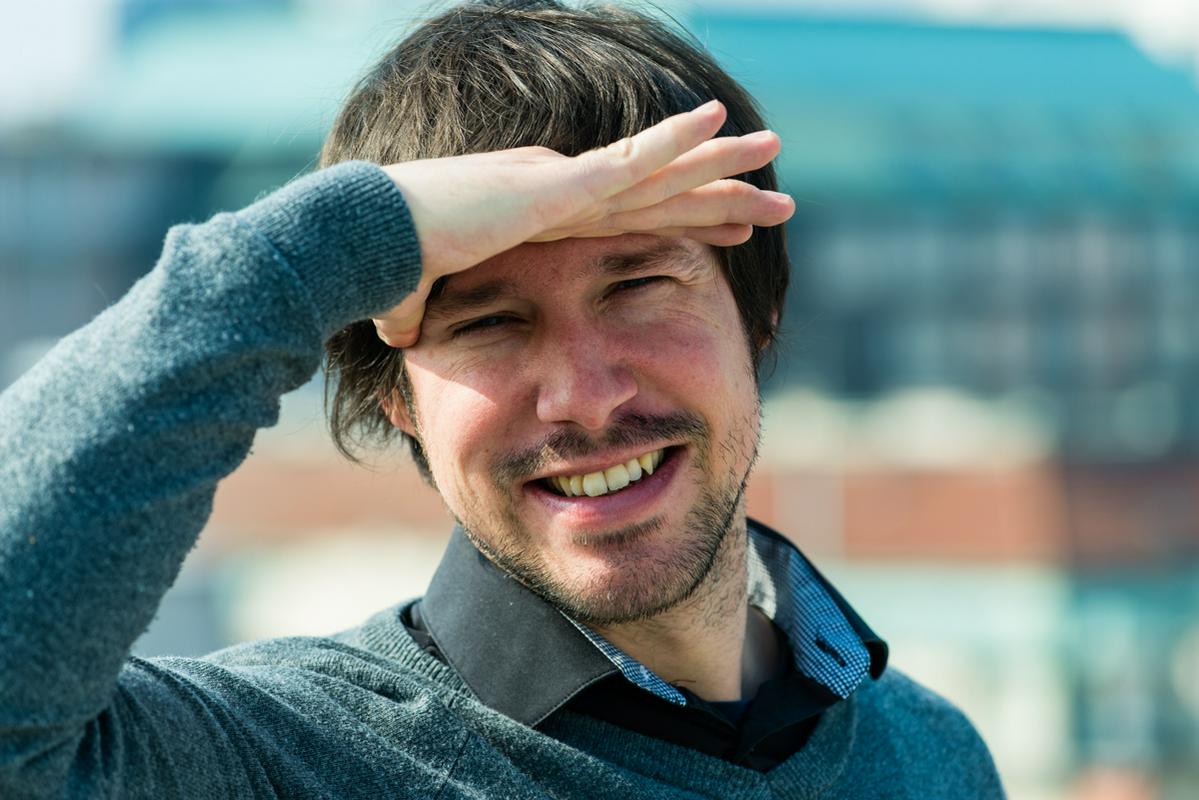
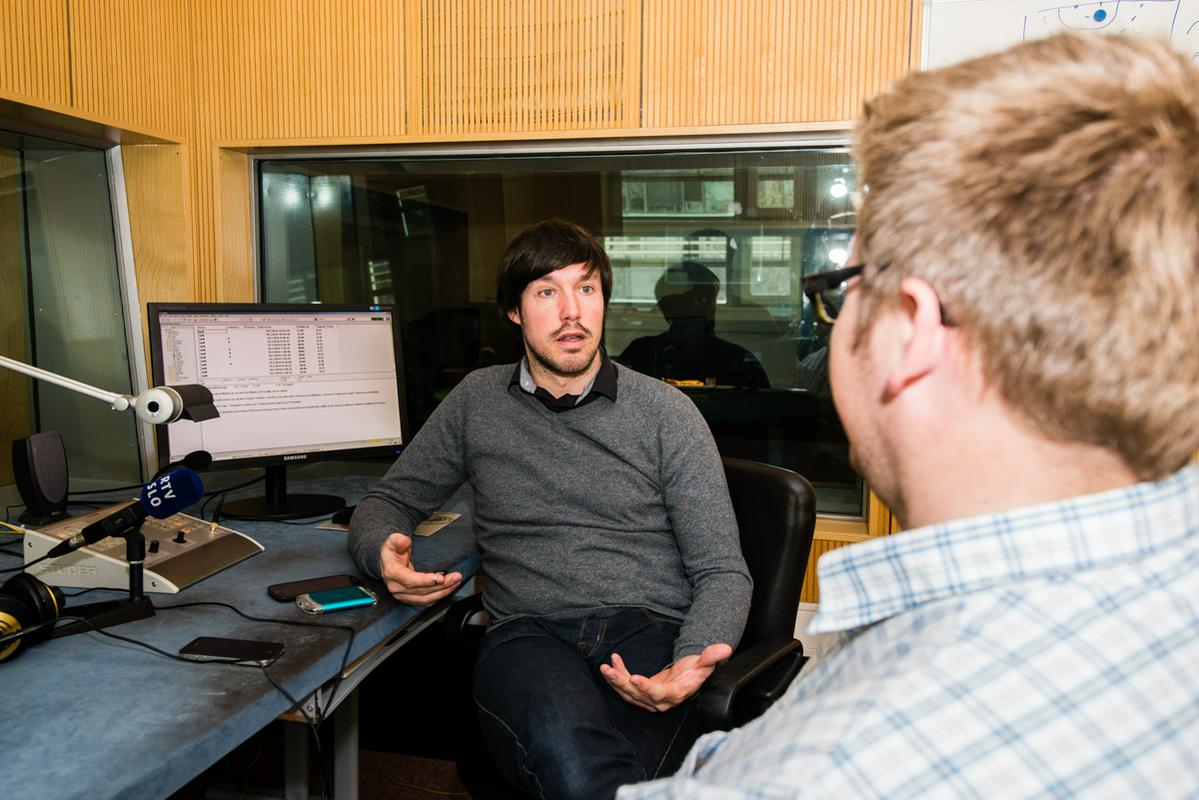
I come from Slovenj Gradec, where my father was the president of the handball club. Probably that's one of the reasons I practiced handball. In secondary school I started with sport journalism – I wrote for Delo, Večer, Dnevnik and Sportske novosti. After the match, when the celebration started, I started to work. It was quite stressful for a high school kid. The match started at seven, and ended at half past eight – and by ten I had to hand in four different versions of the same story to four different papers.
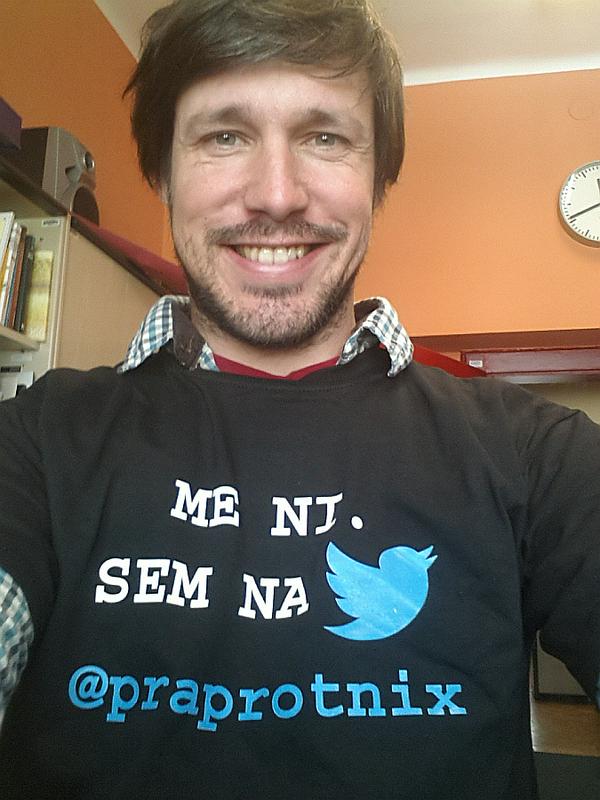
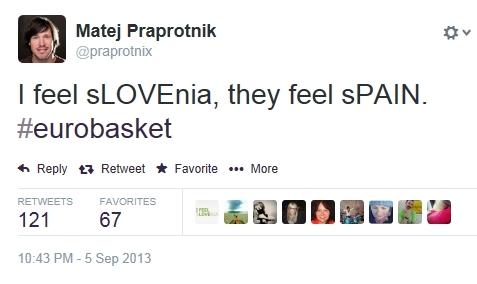
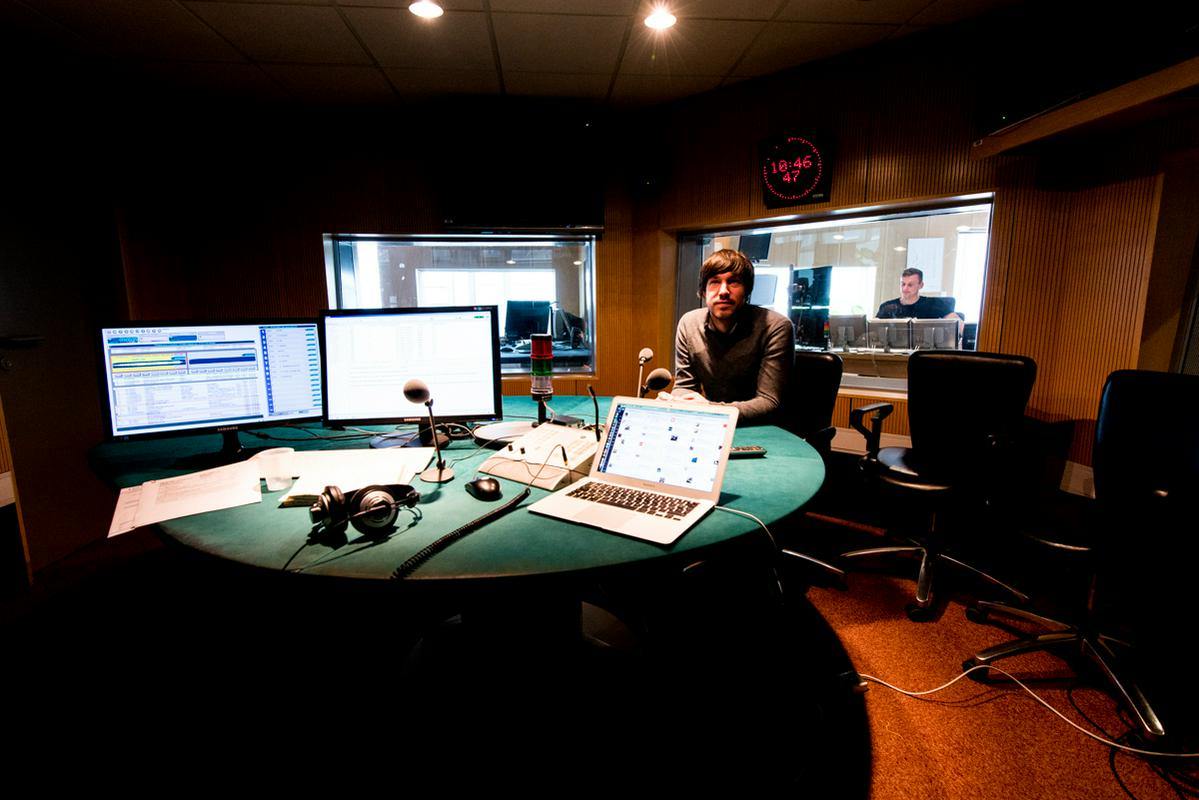
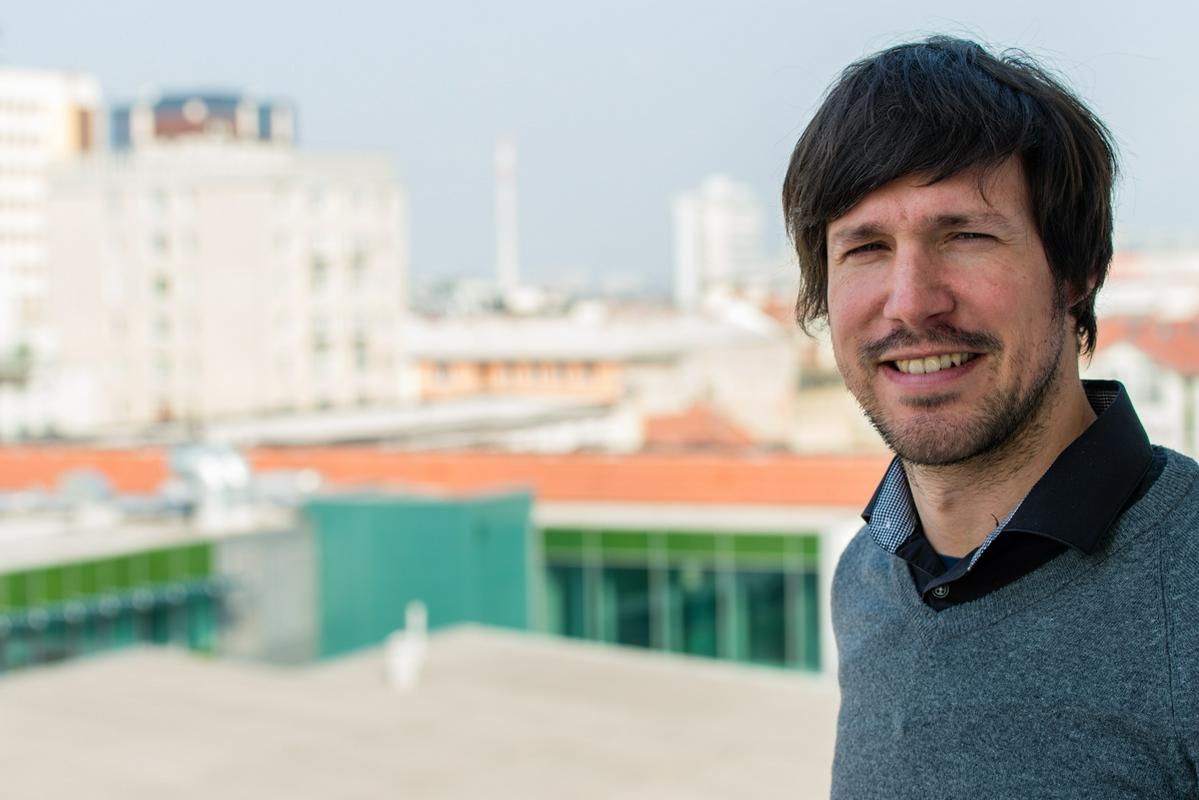
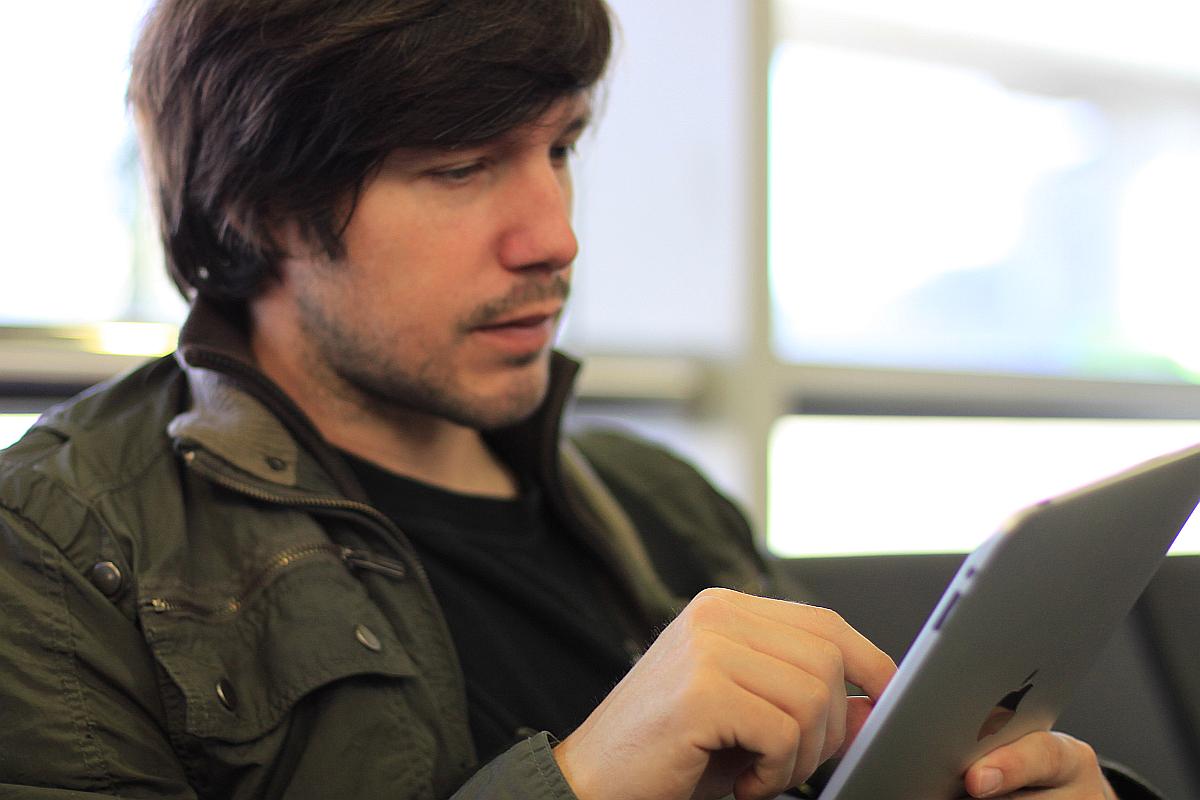
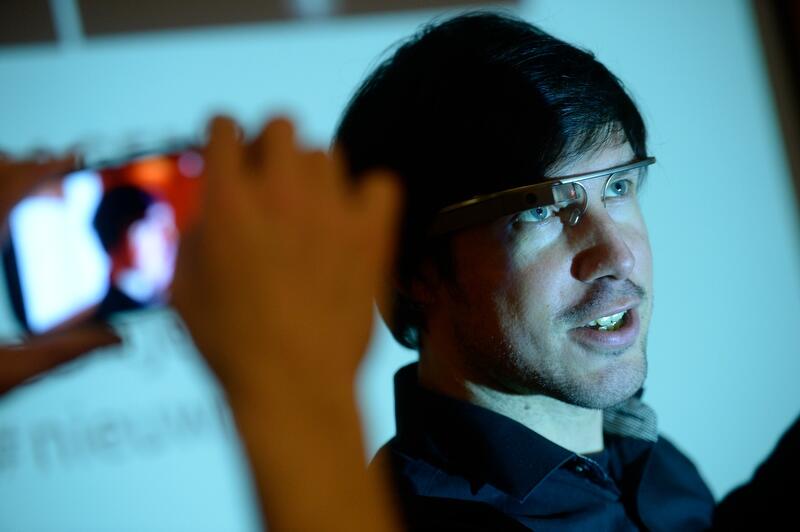

He hardly ever goes on air any more. As the Assistant Director for Radio he is in charge of strategic questions, among other things he is also creating a more efficient integration of all the media siblings residing on Kolodvorska and Tavčarjeva Streets. He compensates for the lack of appearance on air by amusing twits, and perhaps his passion for humour will once be expressed in the form of stand-up comedy.
Your occasional contributions to the radio contents are often connected to science, and intellect. Frequency X discussed vaccination, the topic getting a lot of attention, and the show What's been troubling you dealt with deceitful spirituality. Do you swear by science?
By all means. The important characteristic of science is that it knows how to be critical towards its findings. I received a lot of complaints after the contribution about vaccination, even the ombudsman received one. But I only appeared as the author of the interview, while the text speaking in favour of vaccination was written by the expert dr. Nejc Jelen. Our guest dr. Ben Goldacre spoke in favour of voluntary decision regarding vaccination, but at the same time warned that the opponents of vaccination cause substantial damage. Stimulated by the negative response to the show I dug deeper, and found out that media very often confront scientific facts and uncorroborated rumours, wishing to achieve false balance and thus the impression of work done correctly. Responsible media ought to give priority to science. I am worried about the image of science in media, and even more about the bad science in media.
Is there anything irrational in your life?
If you are trying to portray me as a rational person, I should deny it. Perhaps it is irrational that I like going back to my favourite places. I try to fight against that with reason, and since Lisbon is one of my most favourite places, and I haven't been there for several years, I think that I finally managed to be irrational (laughter).
And what about humour? Do you consider it rational, or not?
Humour is an excellent form of communication. The messages with positive feelings are more successful, have a longer reach. I love humour.
Once your description on Twitter claimed you would like to be a stand-up comedian.
Yes, it's true. At that time I wrote I was a"stand up wannabe". I have already received suggestions to publish a book of my twits. I have considered performing on stage, in the genre of stand-up comedy. But then I remember my lack of skill of public performing. I don't mind speaking into a microphone, but being on stage is a bit more difficult. I have difficulty imagining myself as a stand-up comedian. But I have often expressed the wish to perform. I believe I could perform successfully, with a lot of energy invested into it. I believe it is more sensible to continue deliberating about radio online (laughter). But I am tempted! Perhaps later, at 40, or 50.
You use, and advocate technological devices and networks. Did that change after the revelations by Edward Snowden? How much do you trust the web?
I have never trusted it, and that's a healthy attitude. I don't use social networks for sharing details from my personal life. The networks are a reality which is hard to reconcile with, but has to be taken into consideration. Perhaps we entered the era of transparency, and the era of forgiveness. More and more information are disclosed, the state knows us inside out, while on the other hand we get to know the state better and better. Internet communications have always been monitored in detail. Tim Wu disclosed in his book Master Switch that AT & T cooperated with the American government already many years ago – in exchange for monopoly, practically all internet communications were scanned. We also have devices like Supervizor, which allow the citizens a better insight into the operation of the state. The transparency itself is promising, and the society needs more voices speaking about violation of privacy. I don't want us to lose privacy under pretence of safety.
Today up-to-date technological devices allow almost everything we imagined when we were children. Smart mobile phone would have been, 20 years ago, considered almost science fiction. It would be wrong to expect technology to solve our problems, therefore I am not enthusiastic about new technologies. But it would be wrong to fear them too much. Excessive protection of privacy could make us forget that different approaches could bring advantages. Health is a taboo subject in society; it would be improper to disclose your personal health problems to other people; it is something society has problems with. It stigmatizes sick people, who consequently don't dare to speak about their problems. Circulation of such 'private' information on illness could help – create communities, link people, perhaps help finding a solution…
I come from Slovenj Gradec, where my father was the president of the handball club. Probably that's one of the reasons I practiced handball. In secondary school I started with sport journalism – I wrote for Delo, Večer, Dnevnik and Sportske novosti. After the match, when the celebration started, I started to work. It was quite stressful for a high school kid. The match started at seven, and ended at half past eight – and by ten I had to hand in four different versions of the same story to four different papers.

































































